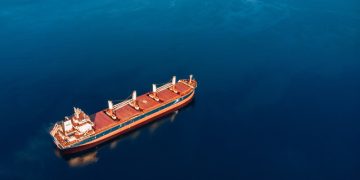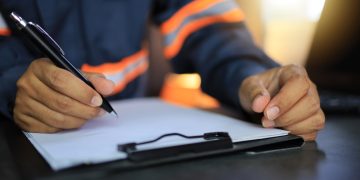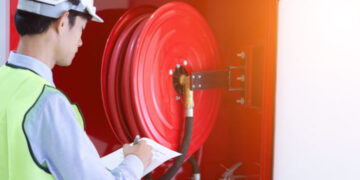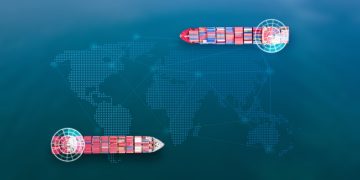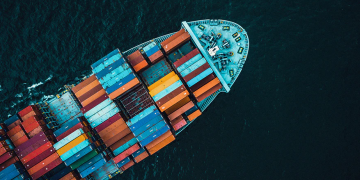European ports: an engine for growth
74% of EU trade goes by ship Image Credit: Europa / ESPO, European Port Performance Dashboard, 2012Ports are gateways to the EU's entire transport network. They are engines of economic development and sources of prosperity. More cargo, cruise ships and ferries in our ports mean more jobs.Europe has three ports in the list of the wordl's 15 biggest ports: Rotterdam is the 11th biggest container port, Hamburg 14th, closely followed by Antwerp in 15th place.74% of EU trade goes by ship. Ports in Europe are directly connected to 848 ports in the Far East and 629 in Central and South America.37% of the total intra- EU exchange of goods (in tonne-km) goes through the EU's ports. Ports in the Mediterannean Sea handle the greatet amount of maritime trade exchanges between coastal regions in the EU, up to 28.4% of the freight volumes in tonnes.There are more than 17 million container units in the global container fleet. Projected increases in size for 2014 show the number of containers has more than quadrupled over the last 20 years.In 2012 some ships will have a capacity of 18,000 TEU. This is equivalent of a continuous lane of heavy goods vehicles from Paris to ...
Read more






